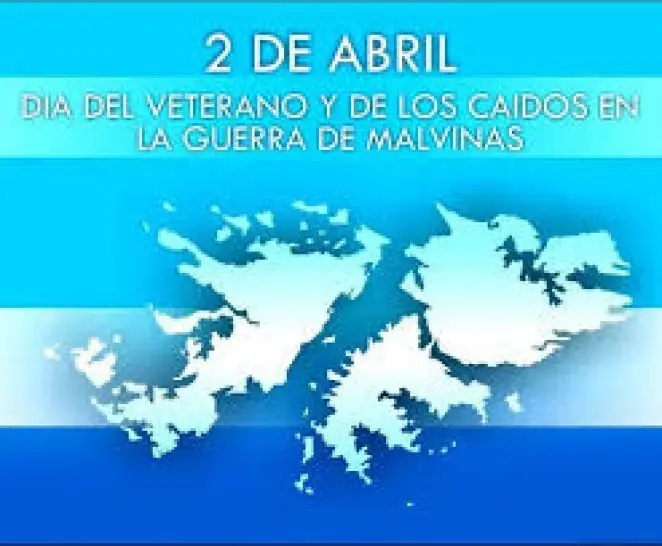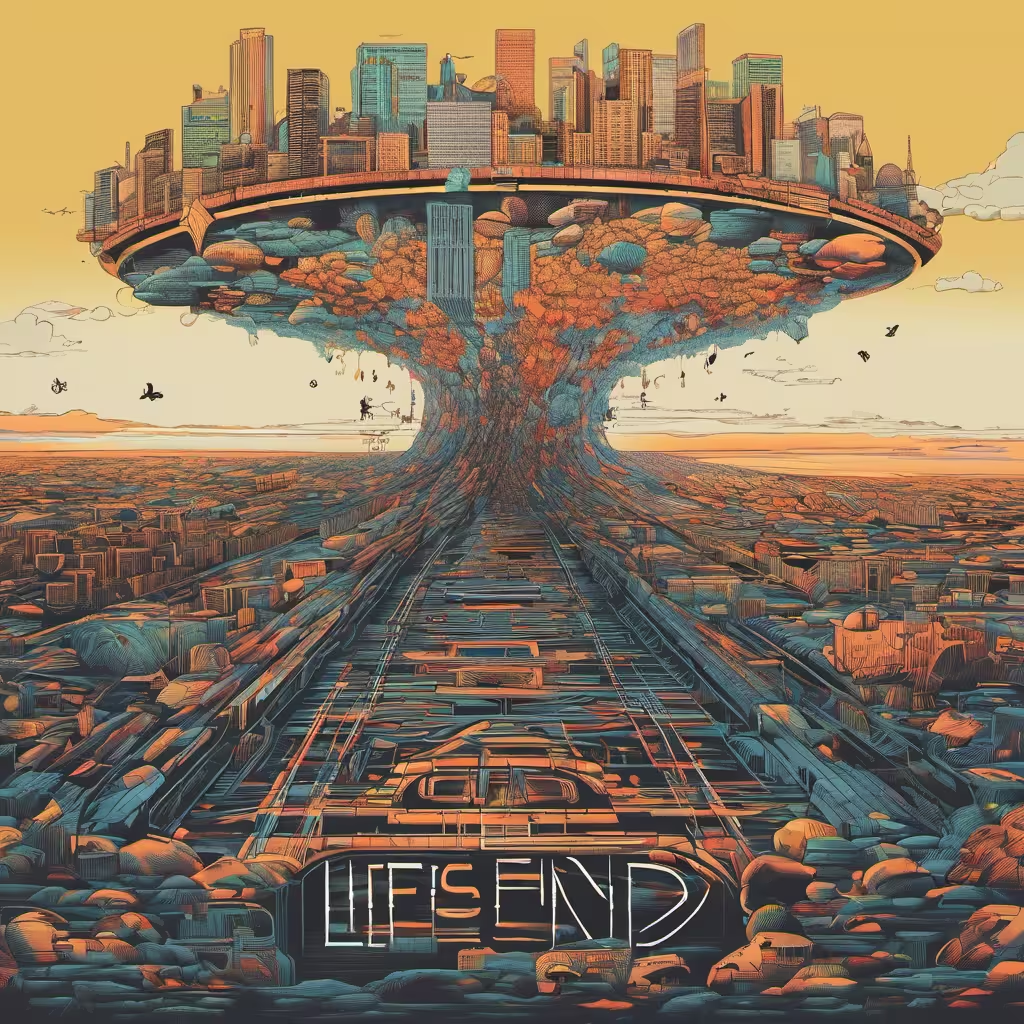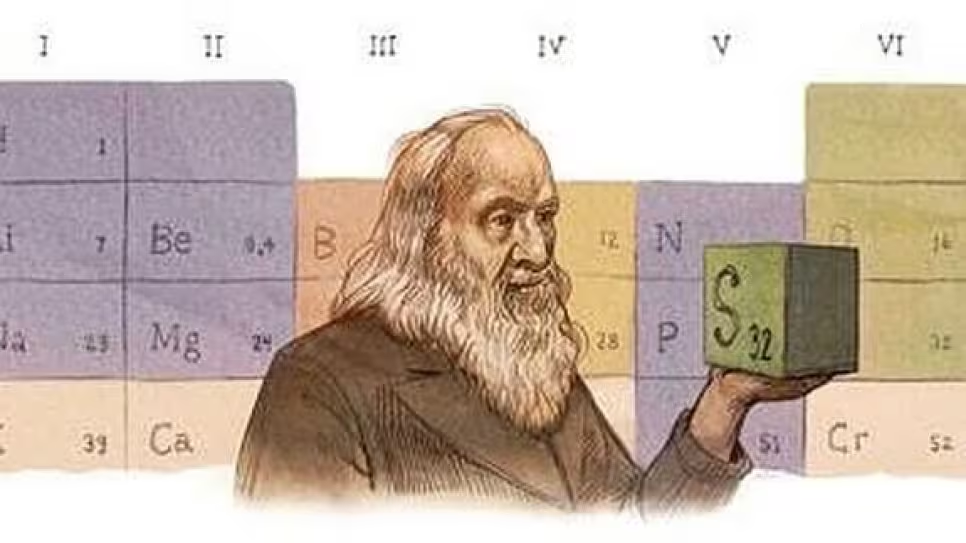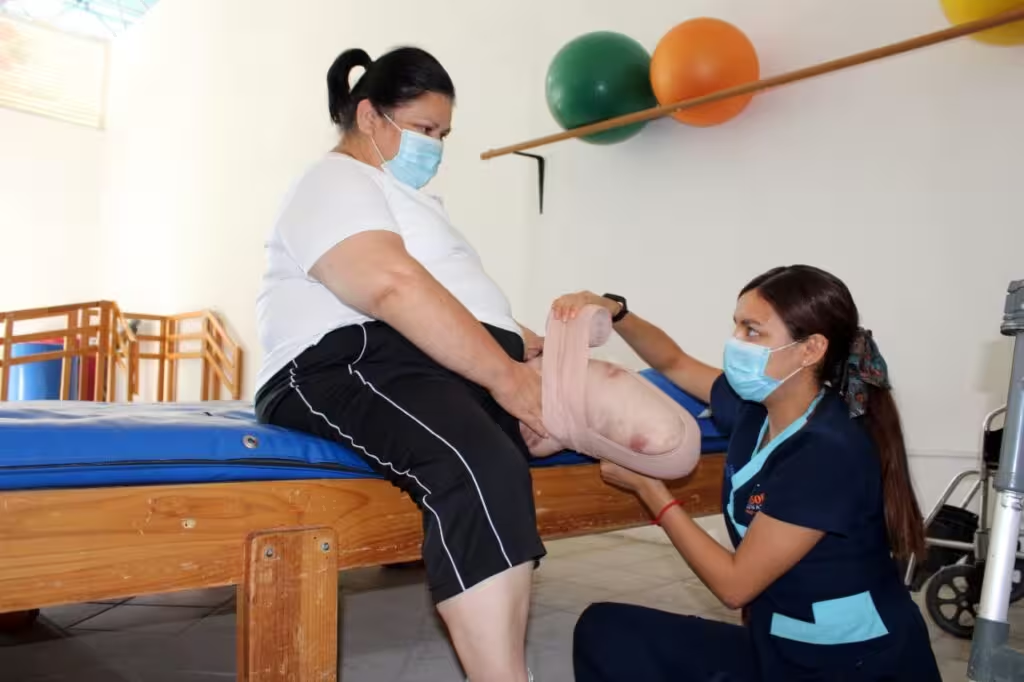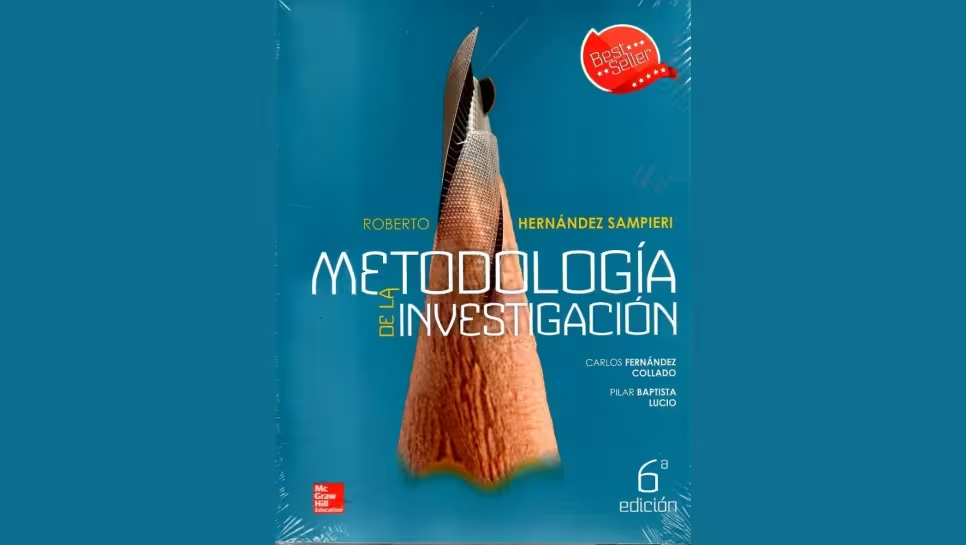Here’s one of the amazing messages I received:
“You have just lifted a huge weight off my heart. Less than two weeks ago, I ended a relationship with someone and I was feeling guilty. Reading this narrative about your behavior confirmed to me that I’m right. It was like having my ex declare this to me. This brought me immediate relief because I know that my decision was more than adequate and my intuition is more than validated.
He is a fantastic person, but he doesn’t fit my values, and that is non-negotiable. Even if the momentary pain of loss is uncomfortable, I will continue to move forward and believe in loving relationships. Thank you very much for your kindness and sincerity. Your existence has illuminated mine ”
This comment meant so much, because in truth, I’ve been a little nervous about being as open and vulnerable as I have been in the book. But to hear that this gave her a new form of closure has already made it worthwhile. (I can’t wait for her, and you, to read the rest of the book, and now’s your last chance to pre-order.) It was amazing how many of you wrote to me last week to say that my words were what you needed to hear from the person in your life but never did, and by reading that, you could finally let go.
Speaking of which, here’s another taste of the new book following on from last week’s pages . . . and please don’t forget to share your thoughts by replying to this blog after you read it!
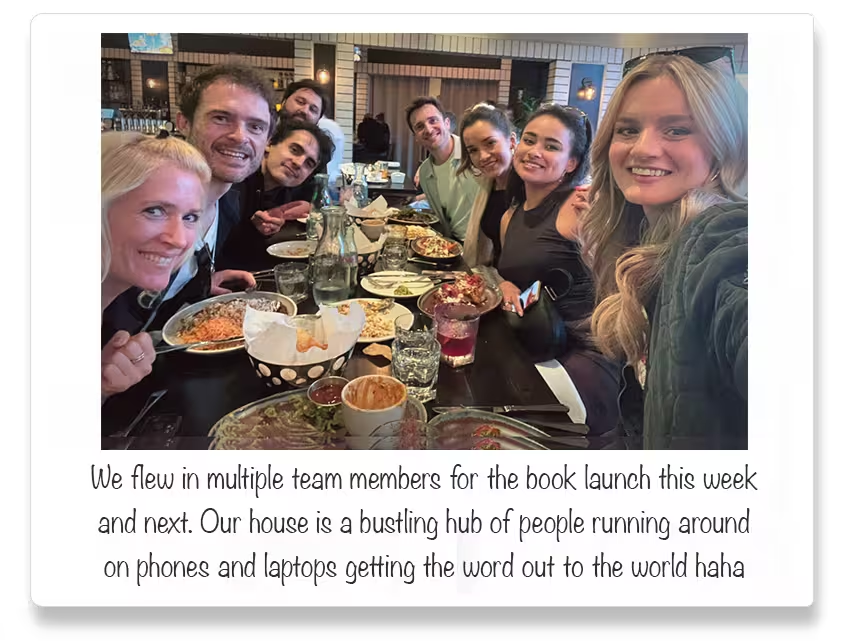
Let's Go
Flashback: I am twenty-four, and I already think, or at least desperately want the world to think, I know it all. I find myself standing in front of the Beverly Hills sign, with a major publishing deal for my first book, Get the Guy, millions of views on my YouTube videos, and a brand-new prime-time NBC show called Ready for Love. By this point, I’d been helping people for six years, at all stages of dating, coaching thousands of people in person, onstage, in one-on-one sessions, in small groups and large ones, at every step of attraction, through every degree of heartbreak. But all that happened back in London, and this was Los Angeles, my new home for the next three months of shooting. I was excited, I felt confident. I wanted to be part of it. So here in Beverly Gardens Park, too new in town to know or care what a cliché I was, I proceeded to film the first YouTube video I ever shot on US soil: “3 Tips for Getting Over Heartbreak.” The whole time I was delivering my priceless tips, there was an older man standing off to the side. He wasn’t interfering, but it was hard not to get self-conscious knowing I had an audience. It’s a curious phenomenon, feeling comfortable with the idea of putting up a video that would be seen by hundreds of thousands of people, if not millions, and simultaneously feeling shy that a single human being is watching me record it. For his part, he seemed amused by my guerrilla film shoot on a sunny day, and when we were packing up at the end of the session, this stranger came over and said to me, “You’ve never had your heart broken, have you?” He wasn’t being confrontational, but there was an easily detectable tone. It was the kind of tone you hear from someone who’s been around long enough to have been punched in the face by life—maybe a few times, maybe a lot—speaking to someone who just doesn’t get it (or more accurately, hadn’t gotten it yet). I felt patronized and pissed off. Who was this guy anyway? “I didn’t ask you to stand there and watch me,” I thought. “And now you’re going to judge me?” But as much as I didn’t want to admit it to myself, he had struck a nerve. It’s not that the “tips” I gave didn’t make sense. For what it’s worth, they did. The surprising thing about the advice I was giving at twenty-two and twenty-three and twenty-four is how right some of it—not all of it, but a lot of it—really was. But on a deeper level, as my friend could see right away, the shoe didn’t quite fit. Someone who had lived longer and suffered through a real heartbreak would have known that cheerily offering “tips” was perhaps the wrong approach for speaking to somebody climbing out of the living hell of heartbreak. I have never run into my first American critic again, but if I did, I’d tell him that since our first encounter, I have fixed that hole in my resume. My version of this formative life experience was its own cliché. I made exactly the mistakes that I tell people to avoid: I rearranged my life to fit hers; I ignored red flags; I pretended I wanted things I didn’t just to be with her; I placed my sense of self-worth in the fact that we were together, putting my own career on hold and losing touch with my deeper needs; I let myself be miserable for months on end, spending my time anxiously worrying about being in love instead of enjoying being in love. Suffice it to say I was, perhaps for the first time in my life, not in my favorite position: the driver’s seat. I’ve always been a voracious note taker. Whatever most occupies my thoughts finds its way into the notes in my journals, my phone, or anywhere I can scribble down my musings on the fly. But my journals aren’t filled with “Dear Diary” entries. They are filled with the things I tell myself to help me get through the day. In this sense, reading these notes paints a pretty vivid picture of whatever pain I was trying to cope with at the time. Looking back at my notes from that relationship, the scariest thing about them is not the palpable anxiety I was trying to fight off, but the “encouraging” notes I wrote to convince myself to stay. Even a quick scroll brings up such gentle and loving self-talk as “If anyone can take it, I can.” “This is warrior training. If I can handle this, then I can handle anything.” “Don’t wish for life to be easier. Work on becoming stronger, more resilient. This is a huge opportunity for me to grow.” You would think from reading these that this was some kind of mental pep talk in the middle of Navy SEAL training. Except I was writing about my relationship. That’s how unhappy I was. I wince at the lack of compassion I showed myself, and at just how dangerous my determination and tolerance for pain can be when directed at the wrong target—in this case, martyrdom in a relationship where most of my core needs weren’t being met. These notes weren’t even hard to find. There were a lot of them, many too embarrassing to put in my book. A particularly sad line I found sandwiched in between a bunch of work-related to-dos reads: “My expectations are what’s screwing me up right now. Before, I just appreciated it for what it was, but then I went from gratitude to expectation.” Here we have the chilling justification for my then-well-practiced masochism: My problem is not that my needs aren’t getting met, my problem is that I have needs. All I need to do is get back to being grateful that I have this person, instead of having any expectations of them. Forget feeling safe, secure, loved. You’re just lucky to be here! After the initial pain of heartbreak, it became abundantly clear that this was the wrong relationship for me. Reading these notes still makes my heart break for the Matthew in that relationship. Nonetheless, I’m thankful for them. They serve as a reminder of the frightening degree to which energy can be expended in the wrong direction. Whenever you hear me suggesting you reevaluate a behavior that is making you miserable, don’t think I’m putting myself on some kind of pedestal. I’ve fallen into the same trap. And never mind the people in your life who roll their eyes at the things you do. Trust me, chances are, they’ve done their share of crazy stuff too. When our own form of crazy leads us down the wrong path, or even when we do everything right and someone simply crushes us anyway, it helps to have a home to come back to: a place of love, truth, and restoration. For me, when I was at my worst, the first port of call was my parents, my brothers, my boxing coach, and my closest friends. I was lucky to have all of their combined experience and wisdom then. And yet, despite all these loving figures in my life offering their positivity and solutions, I still find that one of the greatest antidotes to pain is more pain. Not more of my own pain, but the pain of others—the necessity of communing with other people who are going through it. In my darkest times, there has always been a very special place where I’ve been able to find this kind of communing. A place I could always go to feel less alone, to feel more like my best self, where my troubles disappeared. That place was onstage, or in sessions, listening to people, hearing them out, talking through any problems they brought up, and devising plans for dealing with both their immediate issue and, when we could breathe a little and widen our focus, helping them find the confidence they needed—confidence that, in nearly every instance, I could remind them they already had. Having this community has always been one of the most beautiful aspects of this career, and it has made me very comfortable making space for the pain of others . . .
(The power of sharing these experiences together is one of the major reasons why I wrote Love Life, and why I’m so thankful to everyone who is pre-ordering a copy. You ordering a copy helps this book get more exposure, and the more exposure this book gets next week, the more the people who need to read it will actually find it. So thank you again for making this happen . . . it’s impossible to know the ripple effects of this message getting out there—whether it’s helping someone end a toxic relationship, find the partner they’ve always wanted, or manage the difficult emotions that come with the loneliness we can all struggle with at any stage of life.)
Key Takeaways
- When we feel we need to “tough out” a toxic situation, our determination and tolerance for pain can become our own worst enemy, and prevent us from focusing on the truth: that our core needs aren’t getting met.
- When we’re contorting our life around someone else’s and doing everything we can to make them happy, our vision can get so distorted that we may think it’s a problem that we even have needs. When we ignore our needs, we run the risk of losing ourselves.
- One of the great antidotes to pain is communing with others who have been through or are going through similar challenges.
What About You?
If you aren’t doing so already, start keeping a journal that you can use for reflection, as well as something you can look back on in the future.
Exercise: Think back on prior relationships (or if you’ve kept journals in the past, look back on entries from tough times) and ask yourself: “Did I lose myself in service of not wanting to lose this other person? How can I prevent this from happening in future relationships?”

